All parents worry about the extent to which their children will expose their private weirdness to the world. They tell their teachers that Daddy takes his tea into the toilet and Mummy ‘actually pulled the car over’ for a closer look at the dead badger they passed on the school run. But the traumatic new memoir by the journalist Ariel Leve lifts the lid on a whole new league of maternal craziness. Although Leve disguises her mother as ‘Suzanne’ in this book, a quick google reveals her to be the poet and feminist film-maker Sandra Hochman.
When People magazine’s Patricia Burnstein visited Hochman’s ‘elegantly appointed’ Manhattan penthouse in 1976, it seemed that mother and daughter lived a loving bohemian idyll. Hochman spoke passionately about her faith in the sisterhood and recalls the years she spent in Paris, befriended by Pablo Neruda, Jean-Paul Sartre, Simone de Beauvoir and Anaïs Nin. She gossiped about her ex-husbands (including Ariel’s father, a lawyer who moved to Thailand when his daughter was five), then described her eight-year-old daughter as ‘my best friend, my roommate’. Burnstein saw that Ariel’s room was ‘filled with books, stuffed toys and little poems her mother wrote to make table manners and other chores more palatable’. But looking back, in her mid-forties, Leve recalls that same bedroom regularly invaded by her mother’s friends: ‘a sanctuary for everyone but me’.
As feminism found its feet, women were still unsure where motherhood fitted into the picture. According to Hochman, childcare was a prison from which she freed herself by treating her daughter as an independent adult from the get go, confiding the intimate details of her sex life and blithely handing her into the care of strangers.
‘Your mother is one tough motherfucker, right baby?’ said the woman with whom Hochman made her famous 1973 film Year of the Woman, before handing the five-year-old Leve a lit cigarette to puff.
By her daughter’s account, Hochman was no practitioner of even the most basic ‘manners’ she preached in those little poems. She was rude and violent, with appalling personal hygiene, regularly staying on the phone until she wet herself:
She would make the Shhh gesture, furrow her brow, and press her finger to her mouth until she was ready to talk to me. When she hung up the phone I would ask her to change out of her soggy sweatpants.
If you didn’t have to live with this woman then her transgressive behaviour could appear thrilling. Leve’s nine-year-old school friends adored her when she came in to give poetry lessons, teaching them words like ‘vulva’ and ‘whore’ while performing bra-less star jumps. She gave some of these girls a deep and fiery faith in their emerging voices, even as she shouted down her daughter’s pleas for gher not to walk the streets in a sheer nightgown or describe the genitalia of her latest lover.
Her classmates’ parents were less impressed. Especially after she invited one of Leve’s friends home for a playdate during which the schoolgirl was encouraged to climb into bed with her naked mother, who spent the afternoon pretending to expel the girls from her vagina. ‘We took turns,’writes Leve. ‘Sometimes the birth would be loud and painful. Sometimes it would be effortless […] After that day, Danielle was never allowed to come over again.’
Although a series of nannies provided some routine and nurture, Hochman systematically undermined Leve’s attachment to them and battered her child with an unfiltered slew of extreme emotions: ‘I hate you. I love you. You’re a moron. I never said that. You’re the most important person in the world to me. I wish you were never born,’ runs a sample list of what Leve could expect to hear over the course of a single day.
Although Leve has grown up to become an award-winning journalist and has finally found love and security (enjoying a remarkably stable, nurturing relationship with her partner’s two daughters), she views her adulthood as an extended ‘recuperation’.Getting the extraordinary facts down in this book after breaking contact with her mother is clearly part of that process.
It makes for uncomfortably electric reading. You’re acutely aware that each awful jolt of truth is passing through you on its way to Hochman, who must be 80 now. You’re caught between cheering Leve’s brave, calm testimony and an awareness of the pain it is probably causing a seriously disturbed elderly woman — although I suppose it’s possible that Hochman is still such a raging nightmare of a narcissist that she’ll welcome the attention. After all, this woman is so self-obsessed that when Leve called her on the morning of 9/11, Hochman’s response to the tragedy was to wail: ‘You realise that now no one will come to my birthday party?’
The post ‘I wish you were never born’ appeared first on The Spectator.
Got something to add? Join the discussion and comment below.
Get 10 issues for just $10
Subscribe to The Spectator Australia today for the next 10 magazine issues, plus full online access, for just $10.
You might disagree with half of it, but you’ll enjoy reading all of it. Try your first month for free, then just $2 a week for the remainder of your first year.

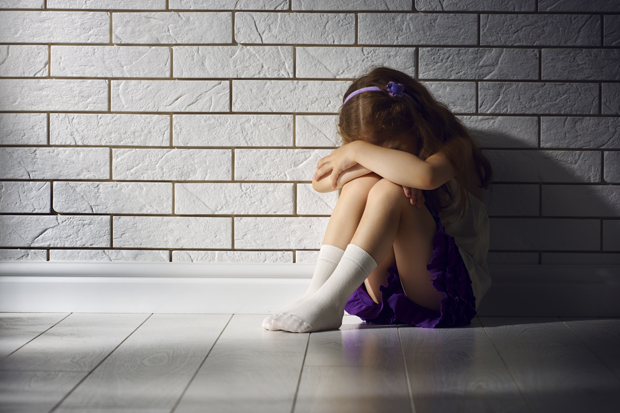
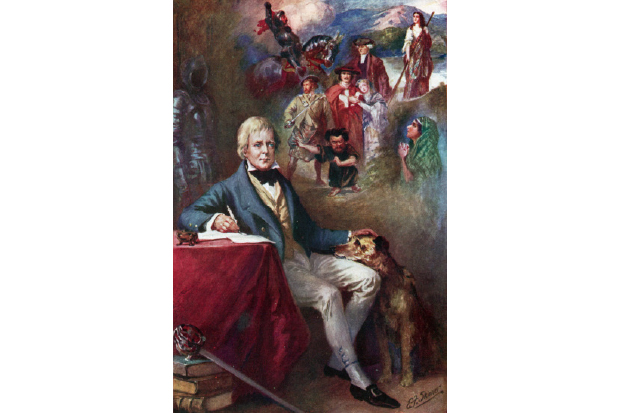

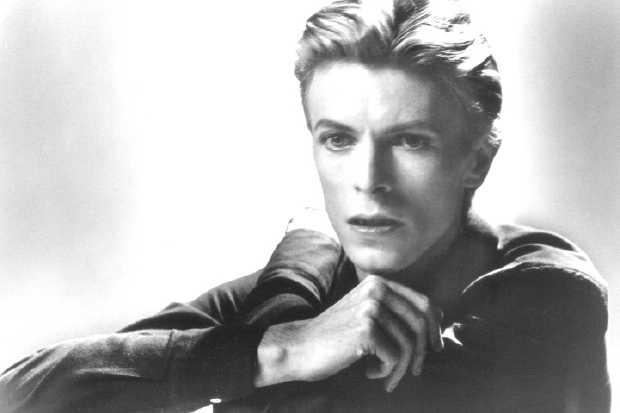
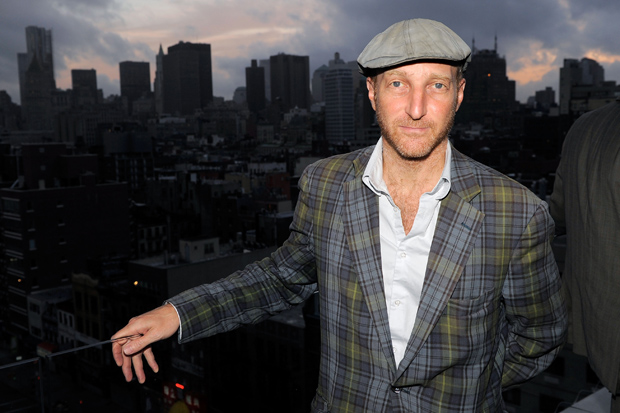

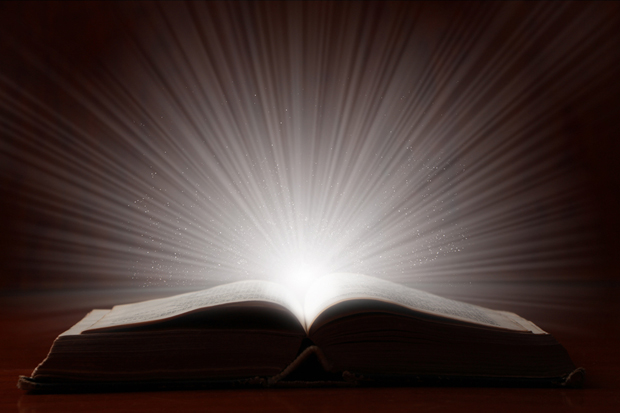






Comments
Don't miss out
Join the conversation with other Spectator Australia readers. Subscribe to leave a comment.
SUBSCRIBEAlready a subscriber? Log in